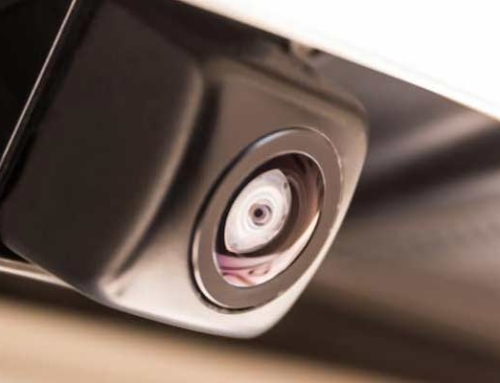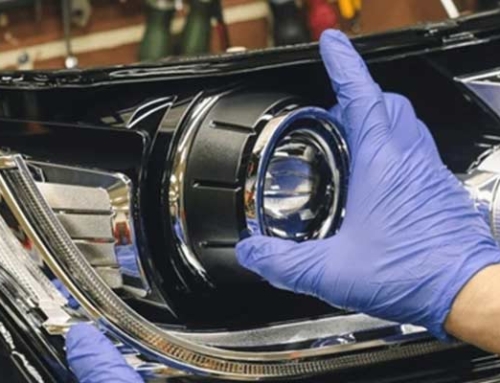
Car theft remains a prevalent concern for vehicle owners worldwide. While car alarms have long been touted as a deterrent to theft and vandalism, their effectiveness in modern times is often debated.
#1 The Purpose of Car Alarms is Theft Prevention
The primary purpose of a car alarm is to deter potential thieves and vandals by emitting a loud noise when triggered. The idea is to startle the perpetrator and alert nearby individuals to the unauthorized access to the vehicle.
Property Protection
In addition to deterring theft, car alarms protect the property within the vehicle. The loud siren can attract attention, potentially preventing thieves from stealing valuables left inside.
Effectiveness of Car Alarms
Statistics on Car Theft
Despite their widespread use, studies have shown that car alarms may not be as effective as once believed. According to the National Insurance Crime Bureau (NICB), only a small percentage of car thefts are thwarted by audible alarms.
Limitations of Car Alarms
One of the main limitations of traditional car alarms is their susceptibility to false alarms. Environmental conditions, stray animals, or even accidental triggers can lead to frequent false alarms, desensitizing owners and bystanders to genuine threats.
Types of Car Alarms
Passive vs. Active Alarms
Passive alarms automatically arm themselves when the vehicle is turned off, and the doors are locked, providing convenience for the owner. Active alarms require manual activation each time the car is parked.
Audible vs. Silent Alarms
Audible alarms produce a loud noise when triggered, aiming to draw attention to the vehicle. In contrast, silent alarms notify the owner or a security monitoring service without alerting nearby individuals, offering a discrete approach to security.
Factors to Consider
Cost
Investing in a quality car alarm system can be costly, especially considering installation and potential maintenance fees. Vehicle owners must weigh the cost against the perceived benefits of added security.
Location
The effectiveness of car alarms may vary depending on the location and crime rates in the area. High-crime areas may warrant additional security measures beyond traditional car alarms.
Car Value
The vehicle’s value also plays a role in determining the necessity of a car alarm. Thieves often target luxury or high-value vehicles and may benefit from advanced security systems.
Alternatives to Car Alarms
Steering Wheel Locks
Steering wheel locks are physical deterrents that prevent thieves from steering the vehicle, making it difficult to steal even if they bypass the car alarm.
Tracking Devices
GPS tracking devices enable vehicle owners and law enforcement agencies to track the location of a stolen vehicle, increasing the likelihood of recovery.
Conclusion
In conclusion, while car alarms serve as a primary security measure for vehicles, their effectiveness in deterring theft may be limited in modern times. Before investing in a car alarm system, vehicle owners should consider various factors, such as cost, location, and car value.
Exploring alternative security measures such as steering wheel locks and tracking devices may provide added peace of mind.





